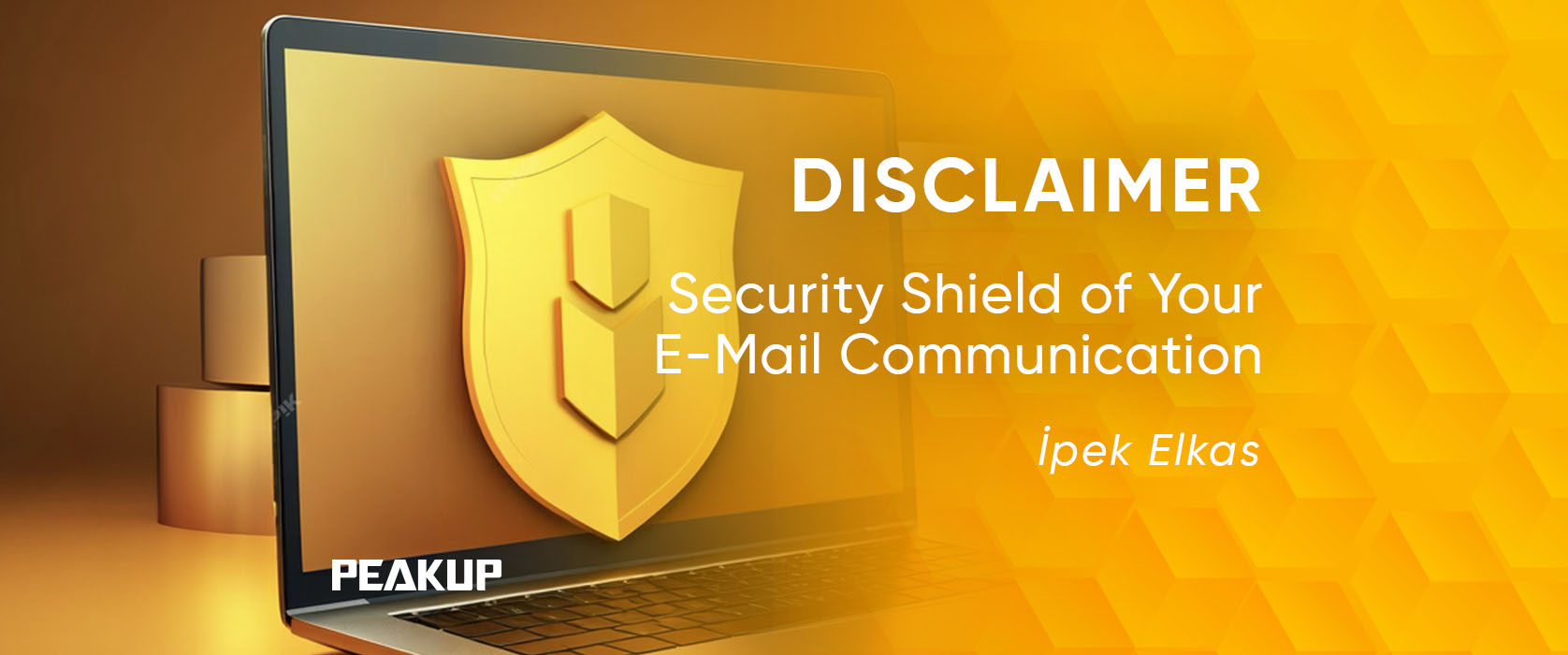Email communication in the business world is facing more and more regulations and legal requirements every day. Regulations such as the General Data Protection Regulation (GDPR) and the California Consumer Privacy Act (CCPA) are adding a new dimension to email security and usage. The proliferation of threats such as phishing, spam and cyber-attacks makes it imperative to keep emails under stricter control.
These challenges in email communications require businesses and individuals to be more cautious about protecting their corporate reputation and legal responsibilities. This is where email disclaimers come in and provide an important layer of security.
Limits the employer’s liability for employee e-mail messages, your liability for unintentionally transmitted computer viruses, your liability for involuntary involvement in contracts made via e-mail. Provides protection against accidental breaches of confidentiality such as information leakage, protection from liability for negligent advice, and ensures that you are compliant with legal regulations specific to the region in which your business operates.

Particularly in developed markets, such as the European Union and North America, there are still regulations that require businesses to include disclaimers in email communications. For example, in the United States, the Federal Information Security Management Act (FISMA) requires an appropriate disclaimer to be included in all email communications.
In the healthcare industry, the Health Insurance Portability and Accountability Act (HIPAA) strongly recommends using email disclaimers to emphasize patient privacy.
In other countries, email disclaimers may be mandatory in all messages. For example, the Canadian Anti-Spam Legislation (CASL) requires companies to obtain certain levels of consent before sending emails.
As long as e-mails remain as an essential means of communication in our business world, they will continue to be an effective tool that can be used and will be of great importance to prioritize security. However, for these statements to be effective, it is important that they are properly drafted, compliant with regulations and regularly updated. It is important to remember that email disclaimers alone do not provide adequate protection, but are of great importance as part of a secure communication strategy. As an example, a disclaimer might look something like this, but it is important to customize it depending on the company’s needs, field of activity and legal regulations.
”This e-mail and its attachments were sent by the sender exclusively for the intended recipient. If you have received this e-mail in error, please notify the sender immediately and delete the message. This message and its attachments have been sent in order to protect the confidentiality of the information they contain from falling into the hands of persons who cannot be trusted. The sender company reserves its legal rights in the event that the information contained herein is used, reproduced, distributed or otherwise exploited.”
The fact that companies operate in different regions and that regulations are constantly changing can make it difficult to manage email disclaimers. This is why it is important to have a centralized management system, especially in large organizations. Using a centralized management solution will allow us to ensure that all users include appropriate and up-to-date disclaimers in their email messages.


